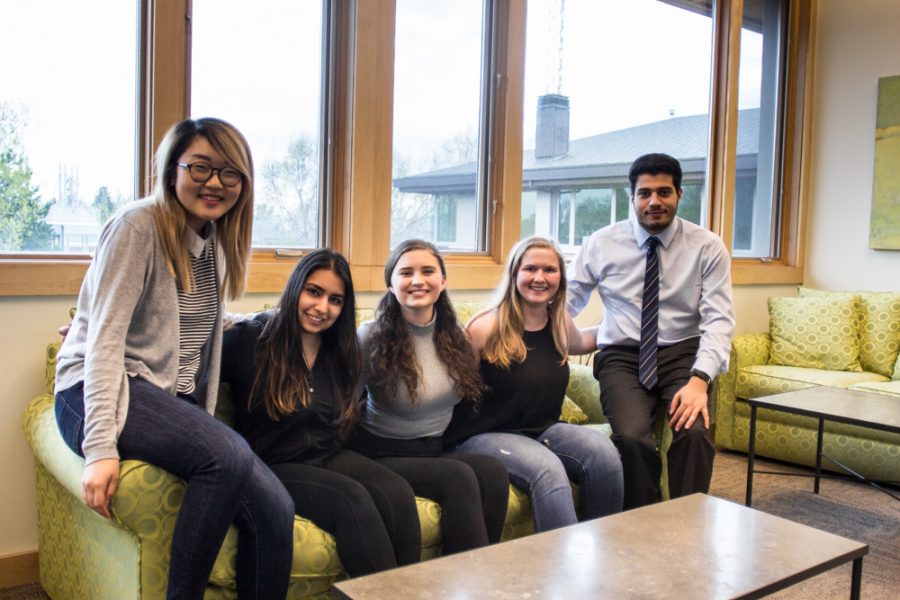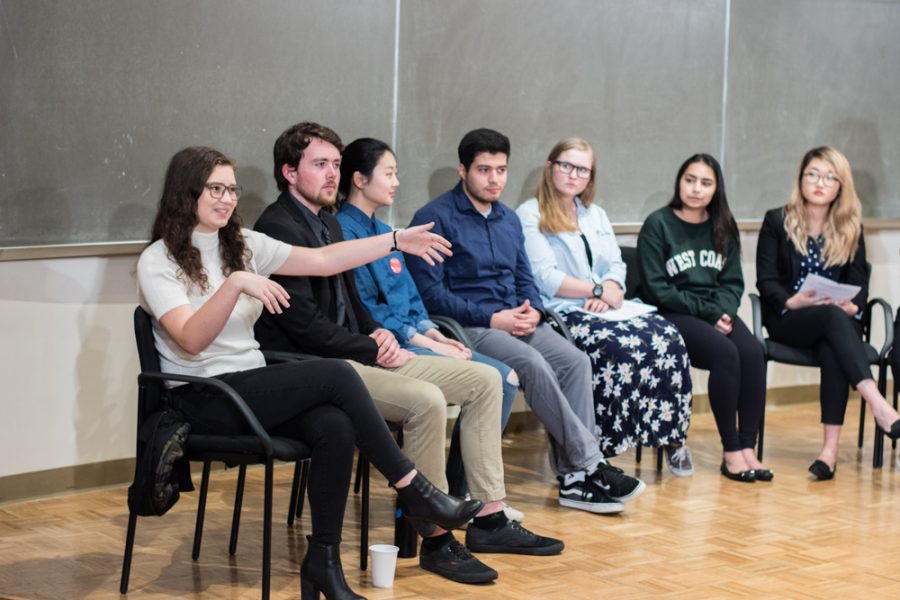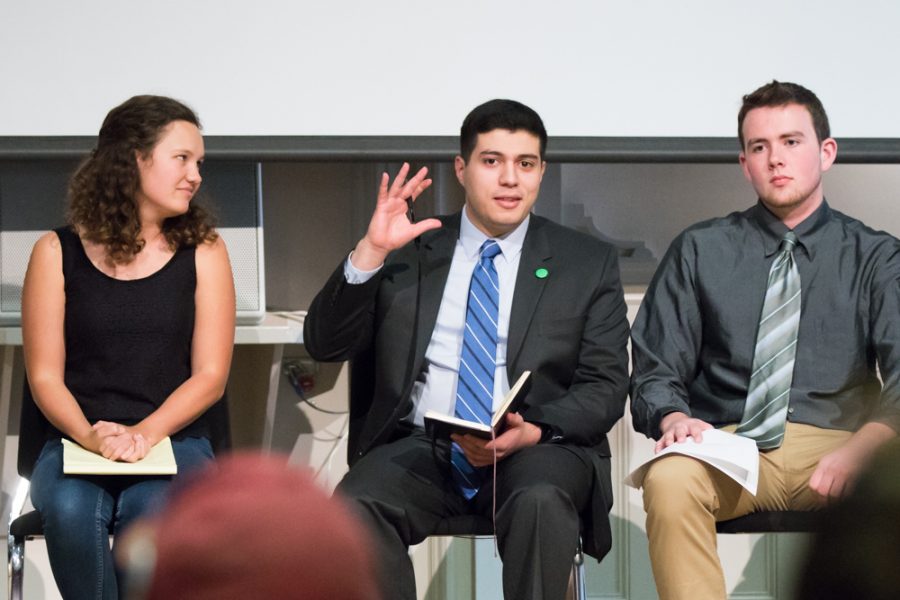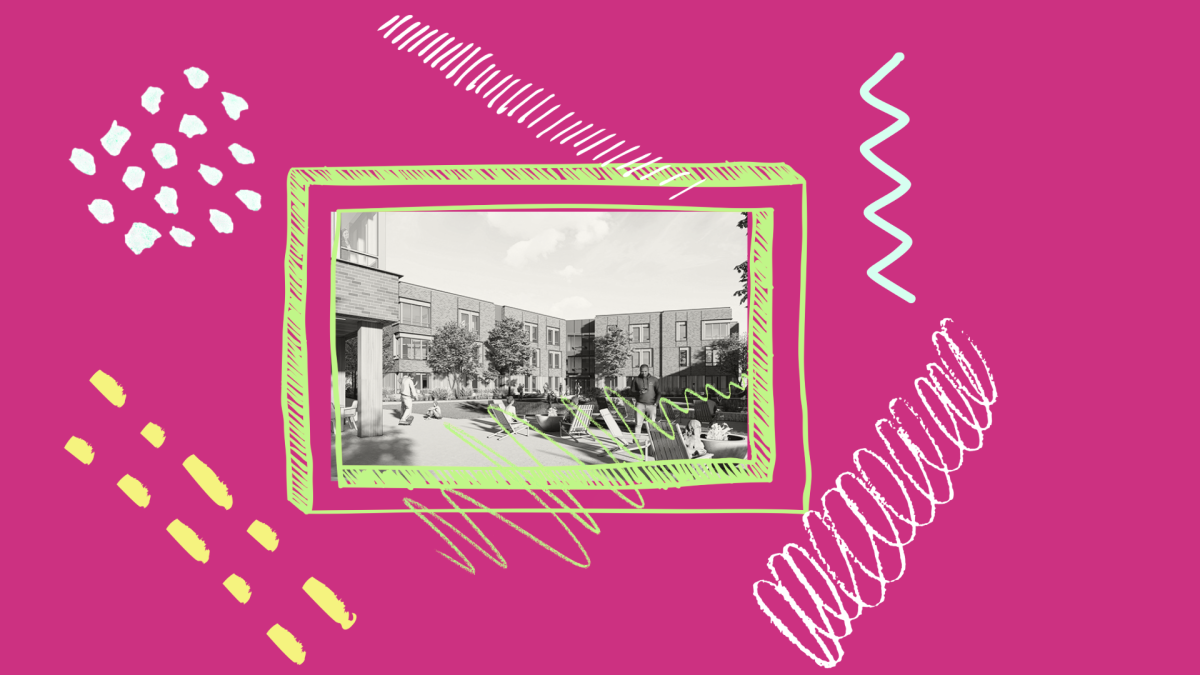After a three-year ban, students next year will be able to travel internationally with the support of the college.
The unaccompanied international travel ban for Whitman students and clubs will be lifted for the 2013-2014 academic year. The ban, implemented in 2010, prevented college-financed travel for individual students and organizations.

ASWC President Kayvon Behroozian learned of the news from Dean of Students Chuck Cleveland on Thursday, though it was just announced in a ASWC press release early Sunday, March 31. He attributed the policy change primarily to the efforts of ASWC.
“ASWC has been working on this for three years,” he said.
In an email to students on Thursday, March 28, Assistant Dean for Student Engagement Noah Leavitt wrote that the Student Engagement Center is opening up the Whitman Internship Grant to applicants looking to do intenrships in Canada this summer––a seemingly small but noteworthy step. The grant offers a $2,400 stipend to students working in unpaid internships after an application. Before Thursday, these internships were required to be in the United States. Canada stands as the first non-domestic destination offered to funded internship applicants, serving as the beginning of the broader opening of destinations abroad.
“As of Thursday, Canada is considered domestic,” said Behroozian at the ASWC Senate meeting Sunday night, March 31.
As of next fall, sponsored international travel will be dependent on adhering to specific criteria. The conditions and circumstances of the country a student wishes to travel to will be reviewed using information from the State Department and the Center for Disease Control. A student’s parents must sign an agreement of their knowledge of the travel, as well as agree to refrain from taking legal action against the college if trouble abroad occurs. Funded internships must be with well-established organizations abroad.
This restriction has inhibited both student research and internship grant opportunities, as well as limiting options for campus organizations to travel in the past. Groups like Whitman Direct Action and GlobeMed that had relied on Whitman funding to organize trips were forced to resort to other methods of fundraising to continue their travel.
The ban was initially proposed due to a variety of safety concerns. In a Pioneer article written at the time of the ban, Dean of Students Chuck Cleveland voiced that the college was less hesitant to grant permission for students to travel under supervision of established organizations or for the purpose of conferences. The committee responsible for granting funding was surprised by the number of applicants for funds and concerned with safety, resulting in the ban.
Student research possibilities could also benefit from the lift of the ban. Though the option has not yet been confirmed, Behroozian stated at the ASWC Senate meeting that talks among the administration have begun to discuss the issue.
Editors’s note, April 1, 2013, 10:49 a.m.: This article has been corrected to state that ASWC President Kayvon Behroozian attributes the policy change primarily to the advocacy efforts of ASWC.












Rachel Alexander • Apr 1, 2013 at 11:08 am
Thank you for your comments, Jordan and Kayvon. The article has been updated to reflect that the change is primarily due to ASWC’s advocacy.
The reason for noting that ASWC publicly released the information on Sunday was to clarify for readers why the Pioneer didn’t have an article up when the change of policy was decided earlier last week. It was not intended as a criticism of ASWC, merely a statement of fact to provide readers with more information.
We will continue to follow this issue and will be running a more in-depth story later this week about the change which incorporates perspectives from ASWC leaders and affected organizations. Because this information was preliminary, our intention was to provide context for students who might be unfamiliar with the ban by citing past coverage of the impacts the ban has had.
Kayvon Behroozian • Apr 1, 2013 at 10:00 am
Hi,
I just wanted to mention that the reason I had ASWC wait to share the news was because I was waiting to confirm a few pieces of information before I shared it publicaly. I say this only because of the slight jab it would seem this article makes at ASWC for seemingly withholding information in paragraph five.
Also, a slight correction to the wordage you attributed to me in that paragraph. I never said “in part” due to ASWC’s efforts, I said “primarily” due do ASWC’s efforts.
Thanks
Jordan • Apr 1, 2013 at 9:48 am
This is really awesome. I remember hearing about it when I was a student from ASWC friends. Good job ASWC.
The other thing I would say, though, is that it seems like this article is trying to shift the credit for this success away from ASWC, when it would seem that it is entirely due to them. I suggest the author get in touch with whoever ASWC leaders are today and actually talk with them, as well as Noah.
Give credit where credit is due, Pio.